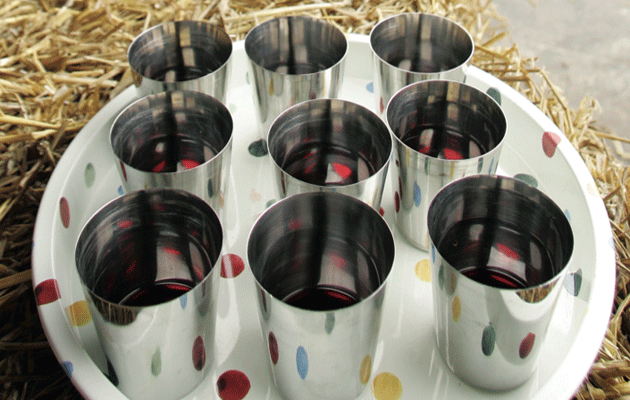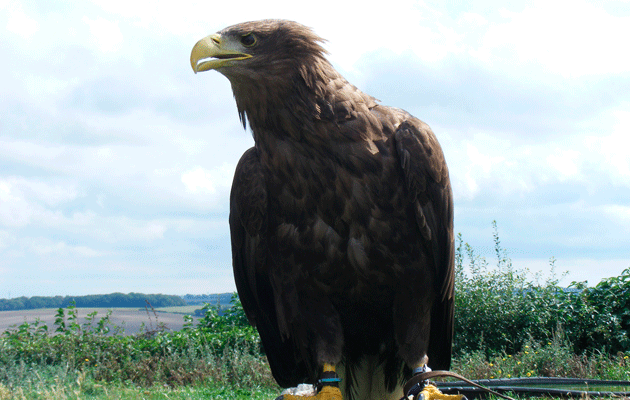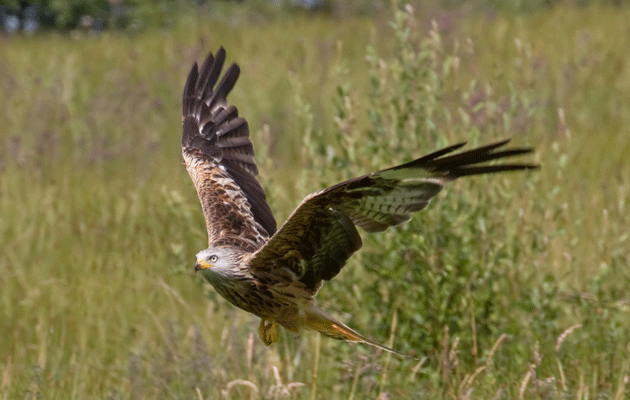Sharpshooter

If you don?t release pheasants, but a neighbour does, are you ever justified in placing feeders on your own land? We all know that this sort of thing happens. I have always tended to have sympathy for the hardworking gamekeeper who sees the fruits of his labour walking across the boundary and then being bagged by all and sundry. It must be deeply frustrating for him.
In law, game belongs to whoever owns the land (or its game rights) on which the game happens to be found at the time. But, as we all know, being legally right is not always the same as being morally right.
I was thinking of a case where an estate complained bitterly about losing birds to a neighbouring farm. It was said that, every year, a host of feeders appeared around the perimeter of the farm in question at the start of the season. Later, the farm?s owner would invite a bunch of friends around for a day?s shooting ? outrageous, you might say. Recently, however,I happened to hear another side of the same story, and it gave me pause for thought.
I was told that the owner of the farm in question has held a small shoot day every year for many decades. A few old friends conducted a walk-and-stand day, with the total bag ? which included duck and wild grey partridges ? seldom exceeding 50. Lunch was an important part of the occasion, and the whole event had an atmosphere of relaxed friendliness, rather than frenetic sport.
Some time ago, the neighbouring estate was purchased by an international businessman. He hired a team of keen young gamekeepers and began releasing vast numbers of pheasants and redlegs. In recent years, I am told, certain drives on this estate have come to sound like the artillery barrage at the start of the battle of El Alamein. The alleged size of the daily bags (not to mention the tips lavished on the keepers by wealthy overseas guests) has become the stuff of local folklore.
Sitting cheek-by-jowl with this giant shooting enterprise, the little residential farm found itself being swamped. The farm?s owner had, over the decades, carefully preserved a lot of cover, chiefly in the form of thorn bushes around a series of ancient carp ponds. He also managed his hedges for wildlife, and conserved the small stock of wild game. Once the neighbouring estate began releasing huge numbers of birds, it was inevitable that some of them would wander on to the farm.
Indeed, the transfer of birds may even have been exacerbated by the estate?s own stocking policy ? locally, there is a deep-running suspicion that the estate is releasing more pheasants than its own ground can carry.
Under surveillance
There is no doubt that the farm?s owner did maintain a few feeders here and there ? but then, he had always done so. He did not have much of a say in whether or not he wanted to host a lot of released pheasants on his land. In his view, a certain number were bound to arrive of their own accord, and would proceed to take advantage of his property and the work he had put in over the years. Given this, why shouldn?t he reap at least part of the reward?
Yes, the bag on his little shoot did go up, but not to anything extreme ? it?s just not that sort of shoot. Even so, he found that his traditional day of shooting for a few friends on his own land attracted some unwelcome interest.
?We found we were being watched through binoculars by blokes in parked pickups,? said my informant, who had been a guest. ?We guessed they were from the estate. If they had wanted to know what we were shooting, they could have simply asked, but I suppose they actually wanted us to know that we were being watched. It was all a bit creepy, really.?
The sad conclusion I draw from this is that there are always at least two sides to any story.
Have your say: if you have a view on a current news topic, send it, in no more than 500 words, to [email protected].
What is YOUR opinion?
Join other ST readers in our forums to discuss your views.
Like this article? Mark this page on a social bookmarking website…
![]()
What are social bookmarking sites?








